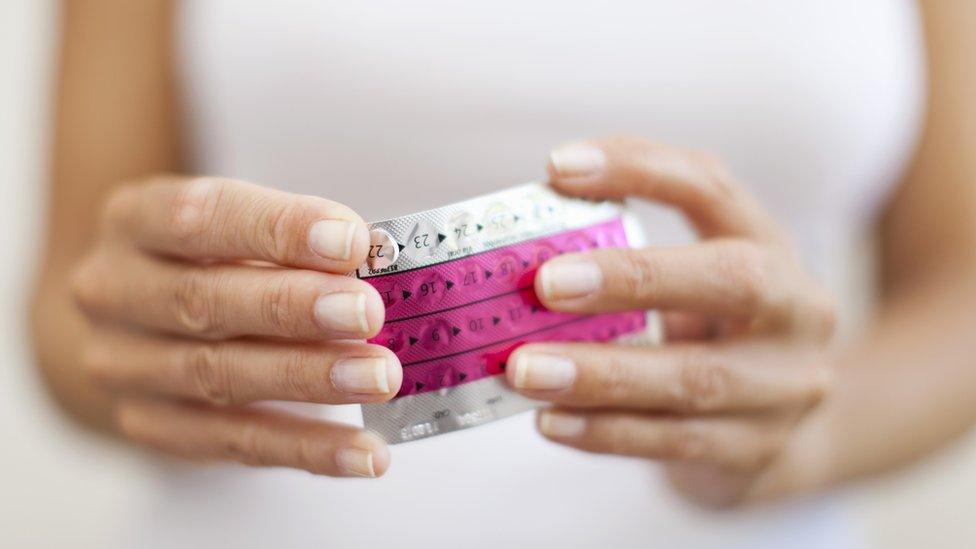Fears misinformation behind drop in contraception
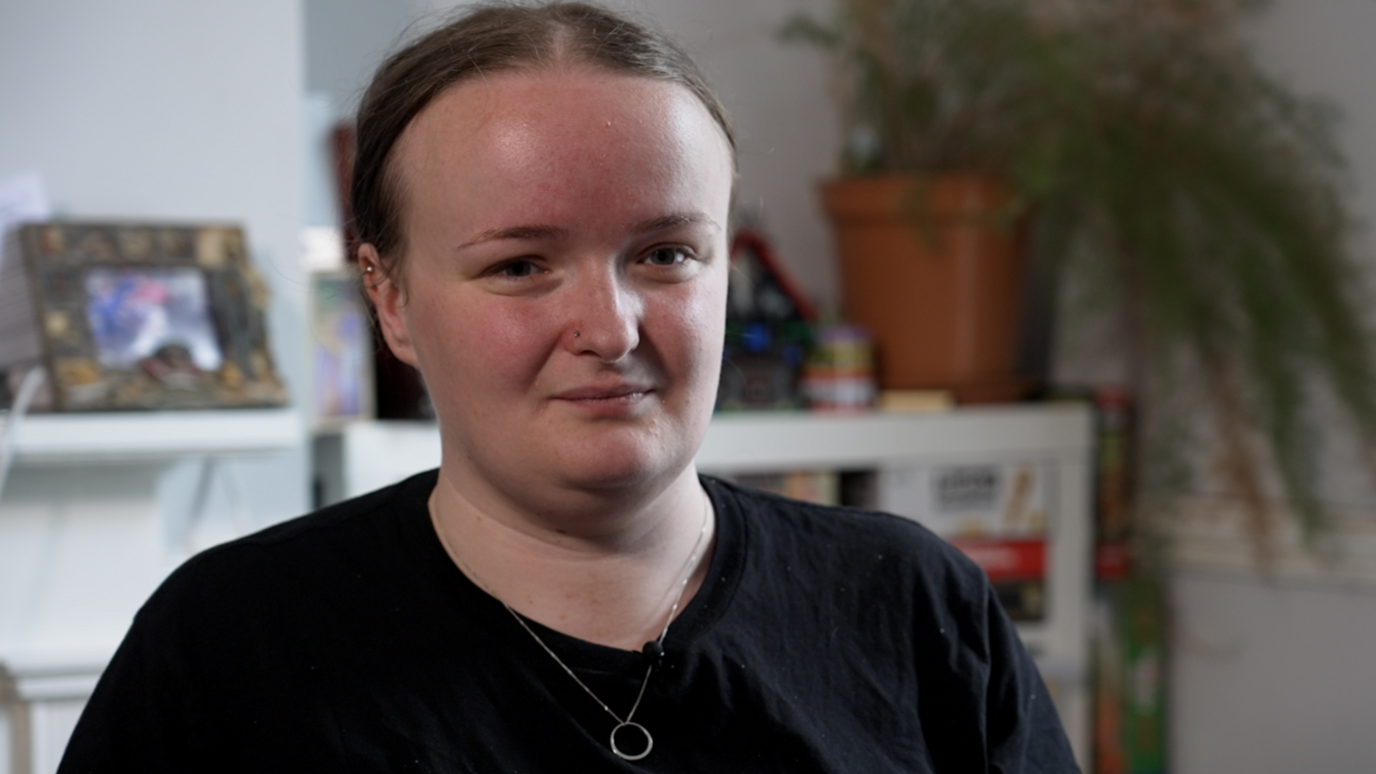
Lily, 25, says she was left to her own devices trying to figure out the side effects of the pill when she was 17
- Published
Misinformation online could be part of the reason fewer women are taking long-term contraception, experts have said.
Sexual health clinics and GPs in Wales have seen the uptake for the combined pill, external drop from 8,531 in 2019 to 2,233 in 2023, while Public Health Wales data shows abortions were the highest on record in 2022, external.
Wales' lead for women's health said apps such as TikTok and Instagram could be part of the drop in women taking the pill or having implants, external, patches, external and hormonal coils, external.
TikTok said that users are permitted to share their own stories or experiences about medical treatment as long as it does not contain harmful misinformation.
What are the most common myths about contraception?
Lily Lesh, 25, from Cardiff, said she had never had the implant after being "scared off by the horror stories".
Women sharing their experiences with hormonal contraception has become more popular on TikTok and Instagram.
There are more than 27,000 posts on TikTok using the hashtag #contraception.
In these videos, women tend to discuss their own encounters with side effects such as acne, mood swings and changes in their weight.
The scientist working on male contraceptive pill
- Published30 December 2023
Don't ditch condoms, sexual health experts say
- Published28 September 2023
Doctors warn about social media link to abortion rise
- Published6 September 2023
Dr Helen Munro, clinical lead of the Women's Health Network for Wales, said women wanted to know what was going into their bodies.
She added thousands of women in the UK used the pill for many reasons, including managing symptoms of conditions such as endometriosis.
"It's not just for prevention of pregnancy and it is helping them to be able to live a complete life," she said.
However, she added, "a lot of the information they're getting is coming from social media and perhaps places where there isn't evidence to inform them correctly".
Lily said she did not have all the side effects of the pill explained to her before being prescribed it when she was 17.
She said: "I was just given this box with this massive thick leaflet in it. I had to go and do my own research."
Lily found out what she needed "through my peers and other people on social media" and found people's stories "really helpful to me as a young person" but acknowledged social media could highlight more extreme cases of side effects.
"Sometimes it can be easy to get scared off by the horror stories," said Lily.
"I've never gotten the implant because the stories have completely put me off, but then I've spoken to friends and they've had really good experiences - so it really depends."
She added social media could be helpful for understanding other people's lived experiences.
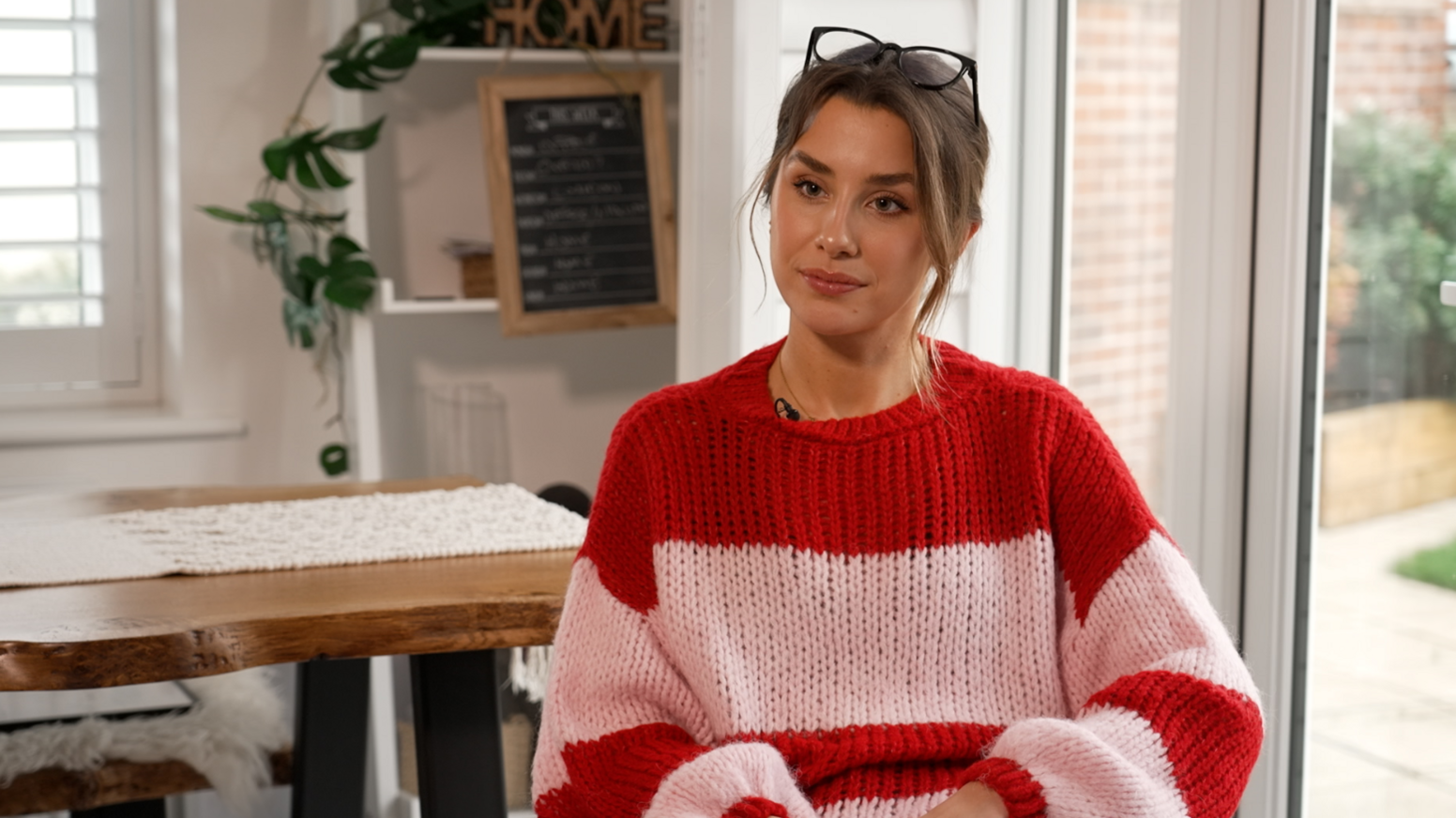
Emily Solman is a Welsh content creator with more than 250,000 followers
Emily Solman hosts a podcast with her best friend, covering everything from "relationships to menstrual cycles, hormones and having babies".
She spoke about her contraception choices on the podcast and Instagram after going more than a year without having a period.
This led to her Instagram being "flooded" with questions about hormones and contraception, from her thoughts on it, to the best ones or if others should use it at all.
"Basically all the questions that you would stereotypically ask your doctor. I am not a doctor. I specialise in nutrition, not contraception options.
"We're all different, we all have different bodies, we all have different hormone levels and what if what works for your favourite influencers hormones doesn't quite work for yours?"
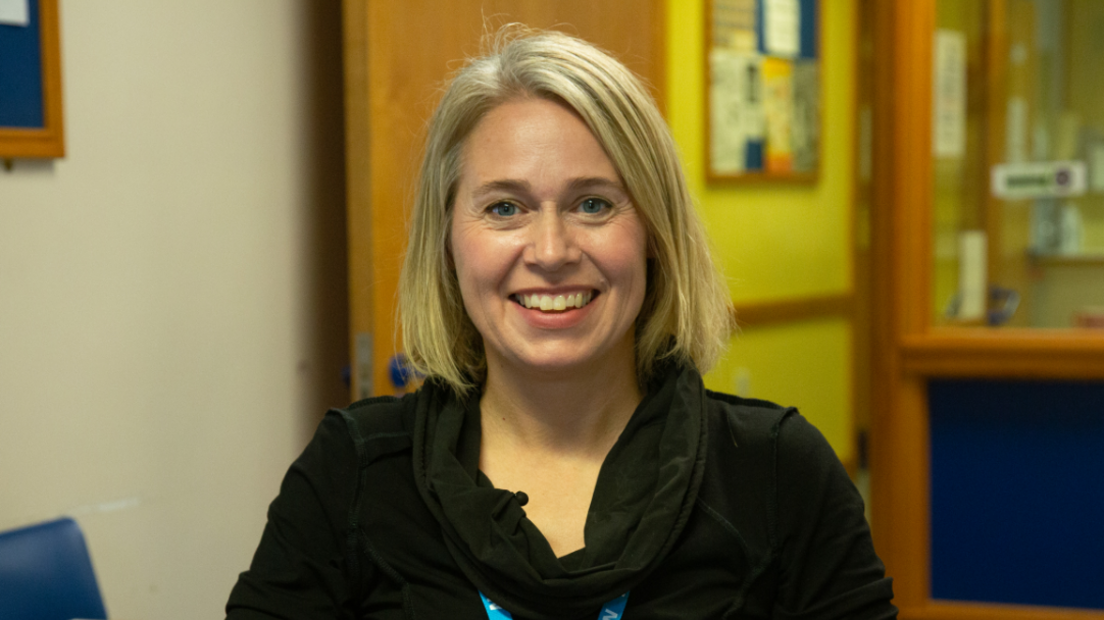
Dr Helen Munro says women are now asking more questions than ever about contraception choices
Dr Munro said people getting their information from social media "could be coming to incorrect decisions around contraception".
She added there was a need for sexual health experts to make evidence-based information "more accessible and I think healthcare professionals and health organisations are waking up to that".
This included sharing more good experiences about different contraception on social media.
The Welsh government urged people to use verified sources such as Sexual Health Wales Online, external to help them inform their decisions.
It said it had "strengthened access to sexual and reproductive services by providing services online as well as through GPs, pharmacies, and sexual health clinics".
You can catch up with this story on Wales Live on BBC iPlayer
- Published21 November 2024
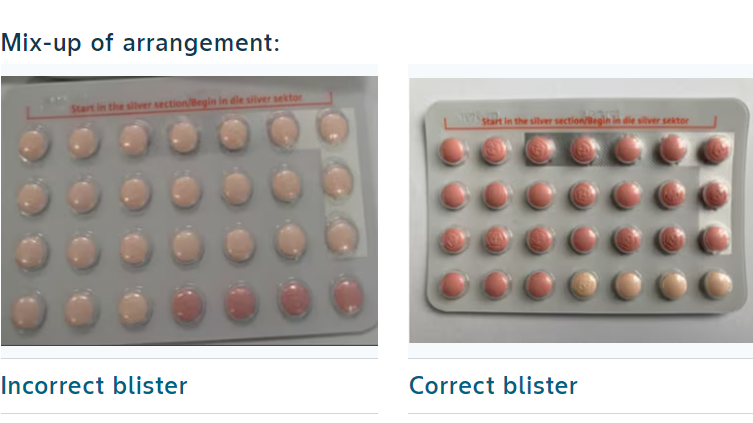
- Published14 March 2024

- Published16 November 2023
